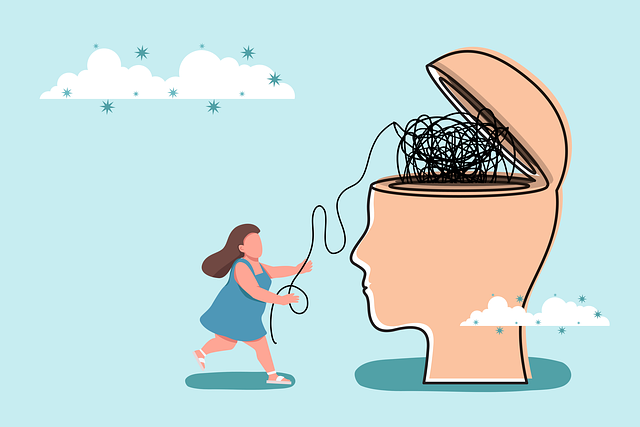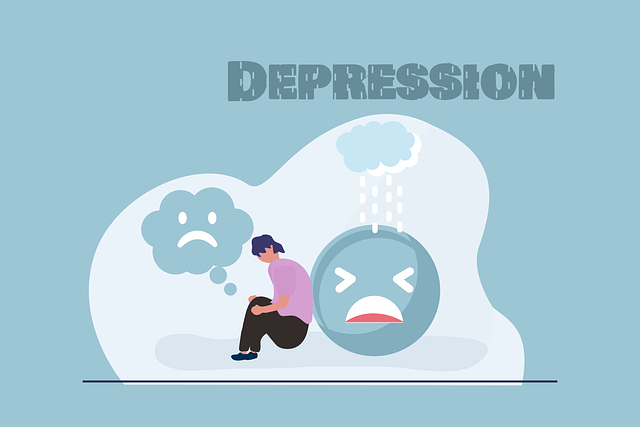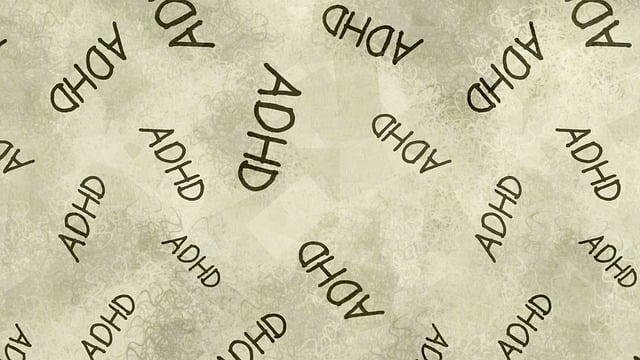Mental health advocacy initiatives globally recognize well-being as a fundamental right, breaking cultural barriers through programs like Littleton Russian Speaking Therapy (LRST). LRST offers tailored therapy and education for Russian-speaking communities, addressing stigma and accessibility issues. Their strategies include public campaigns, policy analysis, mindfulness practices, and community engagement, aiming to destigmatize mental illness. By empowering individuals with self-care skills, LRST fosters resilience and ensures equal access to mental health services. Through data-driven evaluation, they influence policy changes, promoting holistic care and diverse service offerings for improved community mental wellness.
Mental health advocacy initiatives play a vital role in fostering global well-being. This article explores diverse perspectives, from international awareness campaigns to local community efforts, highlighting their impact on mental health support. We delve into unique programs like Littleton Russian Speaking Therapy, bridging cultural gaps and providing essential services. Additionally, we discuss effective strategies for advocacy, measuring success, and influencing policy. By examining these initiatives, we aim to inspire and guide efforts to enhance mental wellness on a global scale.
- Understanding Mental Health Advocacy: A Global Perspective
- The Role of Community Initiatives in Raising Awareness
- Littleton Russian Speaking Therapy: A Cultural Bridge for Mental Wellness
- Strategies for Effective Mental Health Advocacy Campaigns
- Measuring Impact and Shaping Policy through Advocacy
Understanding Mental Health Advocacy: A Global Perspective

Mental health advocacy initiatives have gained global traction, reflecting a growing understanding that mental well-being is a fundamental aspect of overall health. This movement transcends geographical boundaries, uniting communities worldwide in their efforts to destigmatize mental illness and improve access to quality care. In this context, Littleton Russian Speaking Therapy stands as a prominent example of advocacy in action. By providing therapy services tailored to meet the unique needs of Russian-speaking individuals, this initiative addresses cultural barriers and ensures that mental health support is accessible to all.
The global perspective on mental health advocacy is characterized by diverse strategies, including public education campaigns, policy analysis, and community engagement. Mindfulness Meditation has emerged as a popular tool for promoting mental well-being, while Mental Health Awareness programs aim to normalize conversations around mental illness. Furthermore, Mental Health Policy Analysis and Advocacy play a crucial role in shaping legislation that ensures the right to mental health services for every individual, regardless of their background or location.
The Role of Community Initiatives in Raising Awareness

Community initiatives play a pivotal role in raising awareness about mental health issues within diverse populations, including ethnic and cultural communities. Organizations like Littleton Russian Speaking Therapy (LRST) exemplify this effort by providing specialized therapy services tailored to meet the unique needs of Russian-speaking individuals. Through their work, LRST not only offers direct support but also facilitates important conversations around mental well-being.
These community-driven initiatives are instrumental in combating stigma and promoting understanding. They often include Mental Health Education Programs Design that target various age groups and demographics, ensuring that self-awareness exercises and strategies for stress management are accessible to all. By fostering open dialogue, these programs empower individuals to recognize and address mental health challenges early on, ultimately contributing to healthier and more resilient communities.
Littleton Russian Speaking Therapy: A Cultural Bridge for Mental Wellness

In communities where cultural barriers exist, initiatives like Littleton Russian Speaking Therapy play a vital role in bridging the gap for mental wellness. This program offers specialized therapy services tailored to meet the unique needs of Russian-speaking individuals living in the Littleton area. By providing support in their native language, it fosters a sense of comfort and accessibility, encouraging them to seek help for their mental health challenges. Many cultural nuances and taboos surrounding mental illness can deter folks from reaching out; this therapy initiative breaks down these barriers through culturally competent care.
The program not only focuses on treating specific disorders but also emphasizes the development of inner strength and positive thinking skills. Therapists employ techniques that promote self-care routine development, empowering individuals to take charge of their mental health. By addressing cultural and linguistic challenges head-on, Littleton Russian Speaking Therapy ensures that every individual, regardless of background, has an equal opportunity to thrive and maintain good mental well-being.
Strategies for Effective Mental Health Advocacy Campaigns

Mental health advocacy initiatives are essential for fostering public awareness campaigns and driving positive change. One effective strategy is to leverage storytelling as a powerful tool to humanize mental health issues. Sharing personal narratives, especially from diverse communities like Littleton Russian Speaking Therapy, can help break down stigma and promote empathy. These stories should highlight the journey of individuals who have overcome challenges, emphasizing resilience and hope. By incorporating real-life experiences, campaigns can connect with a broader audience on an emotional level.
Additionally, involving influential figures and community leaders in advocacy efforts can significantly amplify messages. This could include celebrities, mental health professionals, or local influencers who can speak from experience or offer expert insights. Their participation not only draws attention but also encourages positive thinking and self-esteem improvement within the target audience. Engaging various stakeholders ensures that mental health advocacy campaigns are inclusive, relevant, and impactful, ultimately contributing to a more supportive societal landscape.
Measuring Impact and Shaping Policy through Advocacy

Measuring the impact of mental health advocacy is a pivotal step in shaping effective policies and creating lasting change. Organizations like Littleton Russian Speaking Therapy (LRST) play a crucial role in this process by providing targeted interventions and services to underserved communities, offering a unique perspective on mental wellness challenges. Through rigorous evaluation and data collection, LRST assesses the effectiveness of its programs, ensuring that resources are allocated efficiently. This data-driven approach allows for informed decision-making, enabling them to adapt strategies and better meet the needs of their clients.
By advocating for evidence-based practices, LRST contributes to policy development, promoting initiatives like Mindfulness Meditation and Conflict Resolution Techniques. Their success stories and measurable outcomes can influence local, regional, and even national policies, fostering a more holistic approach to mental health care. This advocacy ensures that services are not only accessible but also tailored to diverse communities, ultimately improving overall mental wellness and community resilience.
Mental health advocacy initiatives, as highlighted by examples like Littleton Russian Speaking Therapy, play a pivotal role in fostering global wellness. By combining cultural sensitivity with therapeutic practices, these efforts bridge gaps in mental health care access. Effective campaigns, as discussed, rely on strategic planning, community engagement, and data-driven measurement. Through advocacy, we can shape policies that prioritize mental wellness, ensuring support for diverse communities worldwide.












